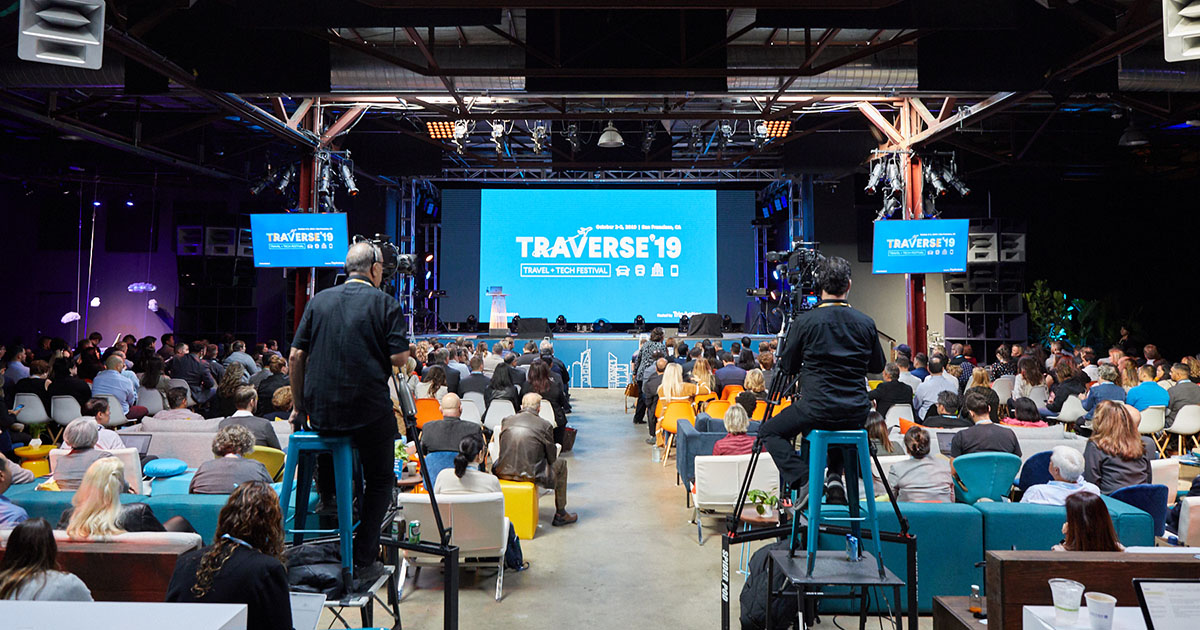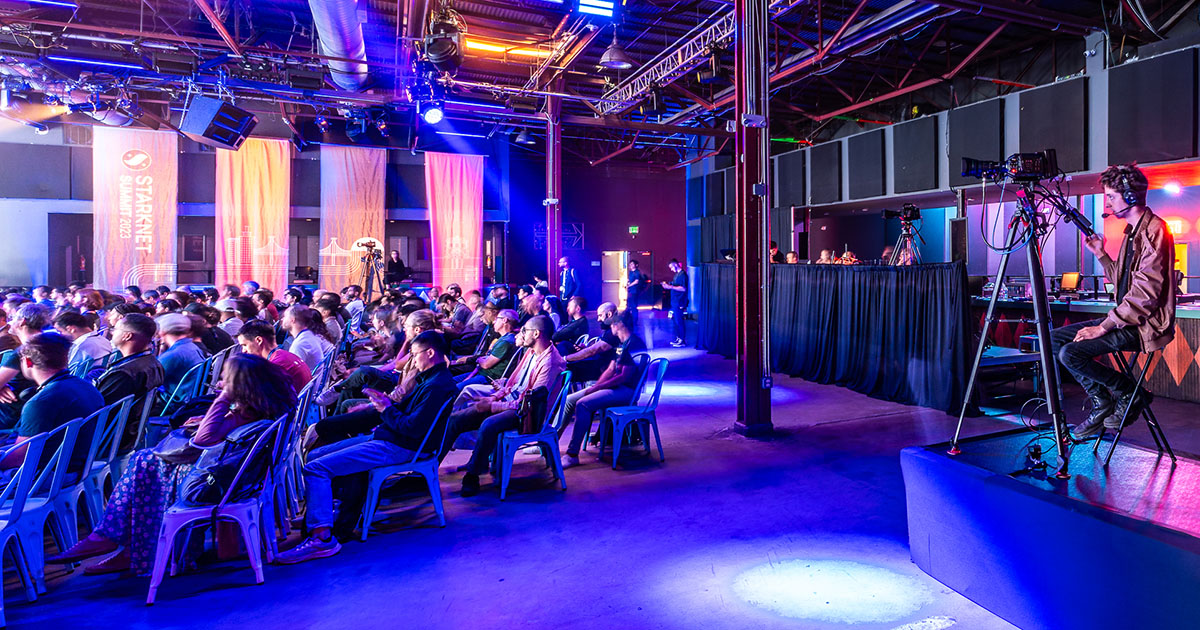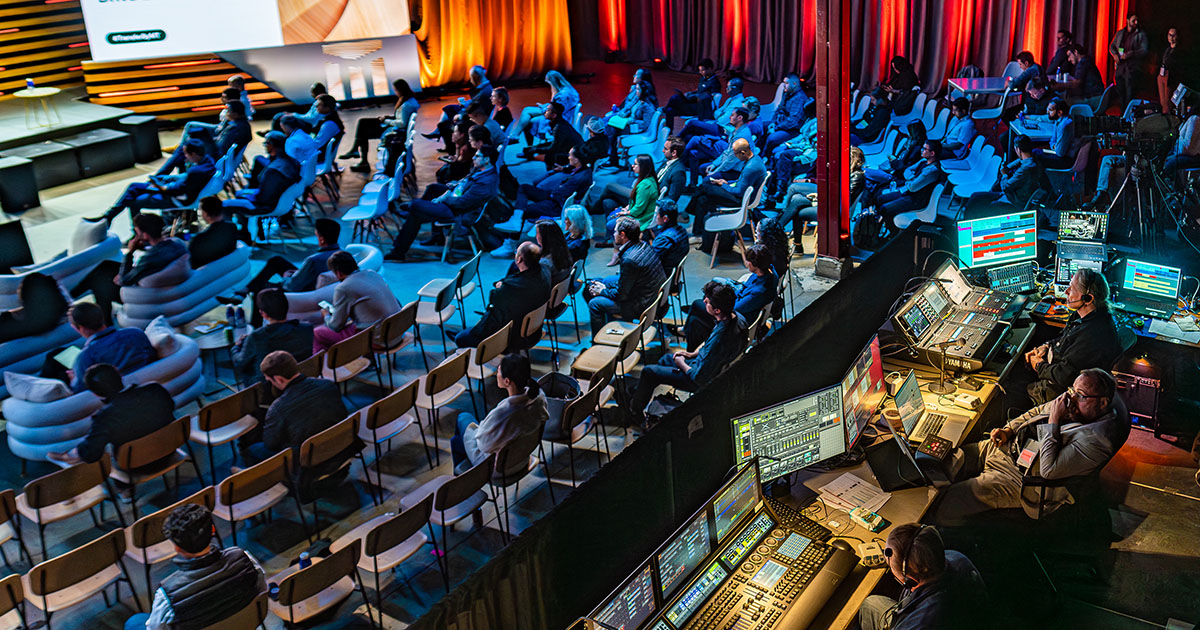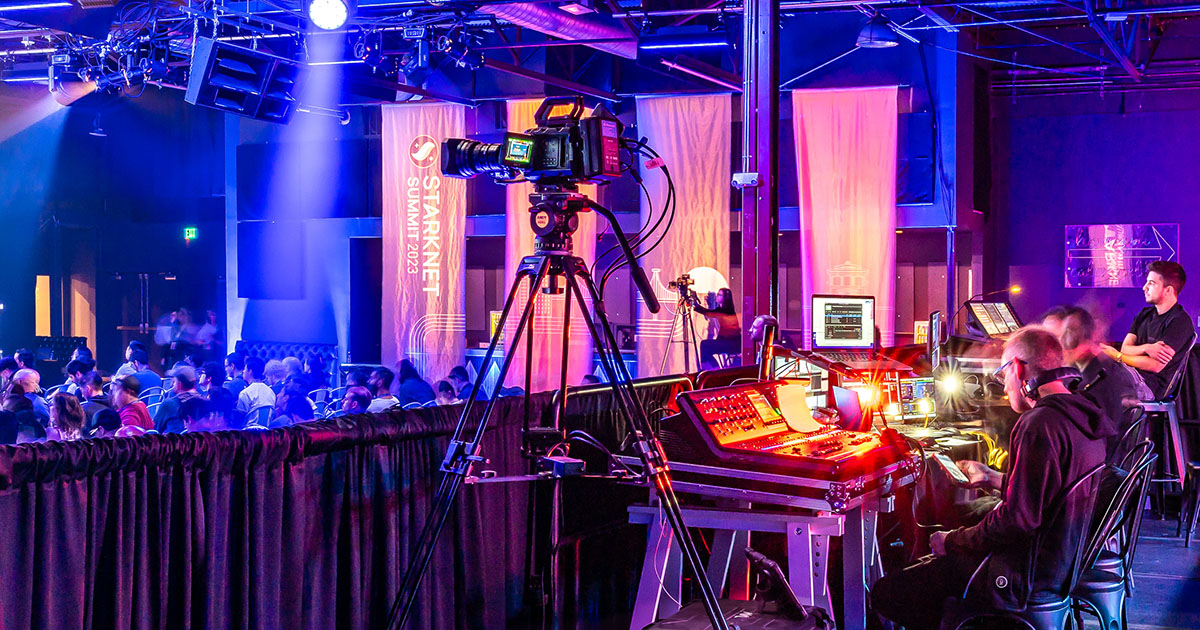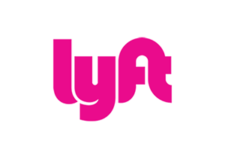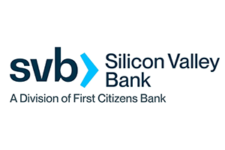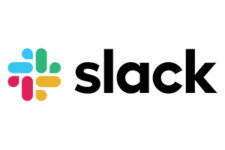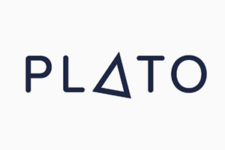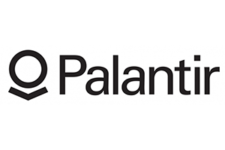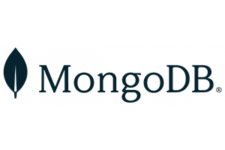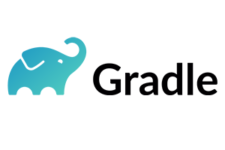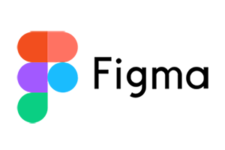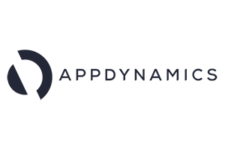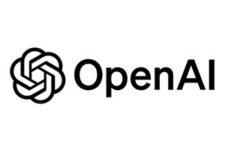AI in Virtual and Hybrid Events: Empowering Event Planners
San Francisco, CA | Updated: 09/04/2024
The evolution of virtual and hybrid events has reshaped the event industry, offering unparalleled opportunities for engagement and accessibility. As these formats gain traction, Artificial Intelligence (AI) has emerged as a critical tool for enhancing the event experience, both for organizers and attendees. AI’s capabilities, from personalized interactions to real-time data analysis, are redefining the landscape of virtual and hybrid events. This article delves into how AI is being leveraged to elevate these events and what the future holds for AI-driven virtual and hybrid experiences, with a special focus on how event planners can harness these innovations.
Enhancing Virtual and Hybrid Events with AI: A Guide for Event Planners
1. Personalized Attendee Experiences
Functionality: AI allows event planners to tailor virtual and hybrid events to individual attendee preferences, offering personalized session recommendations, networking opportunities, and content suggestions. This level of customization helps create a more engaging experience for each participant.
Examples: Platforms like Bizzabo and Hopin utilize AI to craft custom experiences that significantly enhance attendee engagement and satisfaction.
Benefits: Event planners can achieve increased attendee engagement, improved satisfaction, and a more tailored event experience, leading to higher overall success.
2. AI-Driven Networking and Matchmaking
Functionality: AI enhances networking opportunities by intelligently matching attendees based on their profiles, interests, and goals. This ensures that virtual networking sessions are more effective and relevant, leading to meaningful connections.
Examples: Tools like Grip and Brella use AI to facilitate smart matchmaking, helping attendees connect with the right people, which is crucial for the success of any event.
Benefits: By leveraging AI, event planners can offer more valuable networking opportunities, resulting in higher attendee satisfaction and stronger connections.
3. Real-Time Data Analysis and Insights
Functionality: AI provides real-time data analysis during virtual and hybrid events, offering insights into attendee behavior, session popularity, and overall engagement. Event planners can use this data to make immediate adjustments and optimize the event experience on the fly.
Examples: Platforms like PheedLoop and vFairs utilize AI to track engagement metrics and provide actionable insights, empowering event planners to make informed decisions.
Benefits: Improved decision-making, enhanced event performance, and the ability to quickly adapt to attendee needs are significant advantages for event planners using AI tools.
4. Enhanced Content Delivery
Functionality: AI optimizes content delivery in virtual and hybrid events by automatically adjusting streaming quality based on bandwidth, offering subtitles and translations, and providing AI-generated summaries and highlights.
Examples: Tools like Kaltura and Brightcove use AI to ensure smooth content delivery and accessibility for all attendees, enhancing the overall event experience.
Benefits: Event planners can ensure better content accessibility, improved attendee experience, and higher engagement levels by utilizing AI-powered content delivery solutions.
5. Virtual Event Security
Functionality: AI enhances the security of virtual and hybrid events by monitoring for potential threats, ensuring secure access, and protecting sensitive data. This is particularly important as virtual events continue to grow in scale and complexity.
Examples: Platforms like Zoom and Microsoft Teams use AI to identify and mitigate security risks, ensuring a safe and secure environment for all participants.
Benefits: Reduced risk of security breaches, increased attendee trust, and secure management of sensitive information are key benefits for event planners focused on maintaining a secure event environment.
Future Trends in AI-Driven Virtual and Hybrid Events: What Event Planners Should Know
1. Advanced AI-Powered Virtual Reality (VR) and Augmented Reality (AR)
Functionality: The integration of AI with VR and AR is poised to create more immersive virtual event experiences. AI can personalize these immersive environments, making them more interactive and engaging for attendees.
Potential: Future events could feature fully AI-driven VR experiences where attendees interact in lifelike settings tailored to their preferences.
Benefits: Event planners can expect deeply immersive experiences, higher engagement, and a more dynamic event environment, providing attendees with experiences that go beyond traditional formats.
2. AI-Enhanced Hybrid Event Integration
Functionality: AI will further bridge the gap between in-person and virtual attendees, ensuring a seamless and integrated hybrid event experience. This includes AI-driven content synchronization, networking across both formats, and unified data collection.
Potential: The future of hybrid events will see AI creating a more cohesive experience for all attendees, regardless of how they choose to participate.
Benefits: Event planners can deliver unified event experiences, achieve higher attendee satisfaction, and expand the event’s reach by seamlessly integrating AI into their hybrid event strategies.
3. Predictive AI for Event Success
Functionality: AI will increasingly be used to predict the success of virtual and hybrid events by analyzing trends, attendee behavior, and engagement metrics before, during, and after the event.
Potential: Event planners will be able to make data-driven decisions to improve event outcomes, optimize marketing strategies, and enhance overall attendee satisfaction.
Benefits: Better event planning, increased ROI, and more successful events are achievable through predictive AI, providing event planners with a powerful tool for future success.
Real-World Examples of AI in Virtual and Hybrid Events
1. IBM Think Virtual Event
Scenario: IBM’s Think event transitioned to a virtual format, leveraging AI to provide personalized content recommendations and networking opportunities for thousands of attendees.
Impact: The AI-driven personalization led to higher engagement rates and positive attendee feedback, with many praising the relevance of the content and connections made. Event planners can learn from IBM’s approach to enhance their virtual events.
2. Web Summit’s Hybrid Experience
Scenario: Web Summit integrated AI to ensure a seamless hybrid experience, offering tailored content and networking opportunities for both virtual and in-person attendees.
Impact: The event successfully bridged the gap between virtual and physical attendees, creating a unified experience that was praised for its smooth execution and high engagement levels. Event planners can adopt similar strategies to improve their hybrid events.
3. Virtual Conferences with vFairs
Scenario: Various corporate conferences using vFairs have leveraged AI to provide real-time insights into attendee engagement and optimize event content delivery.
Impact: These events saw increased satisfaction and engagement, with AI-driven insights helping organizers make real-time adjustments to improve the attendee experience. Event planners can utilize vFairs and similar platforms to enhance their event outcomes.
Conclusion: Embracing AI for Future Success
AI is revolutionizing virtual and hybrid events, offering tools that enhance personalization, improve content delivery, and provide real-time insights. As AI technology continues to advance, its role in creating more immersive, engaging, and successful events will only grow. Event planners who embrace these AI-driven innovations will be well-positioned to deliver exceptional virtual and hybrid experiences that meet the evolving needs of their attendees.
Learn More
Stay ahead of the curve by exploring how AI can enhance your virtual and hybrid events. Check out our other articles in the series, and be sure to follow us for updates on the latest trends and innovations in event technology.
RELATED CONTENT

